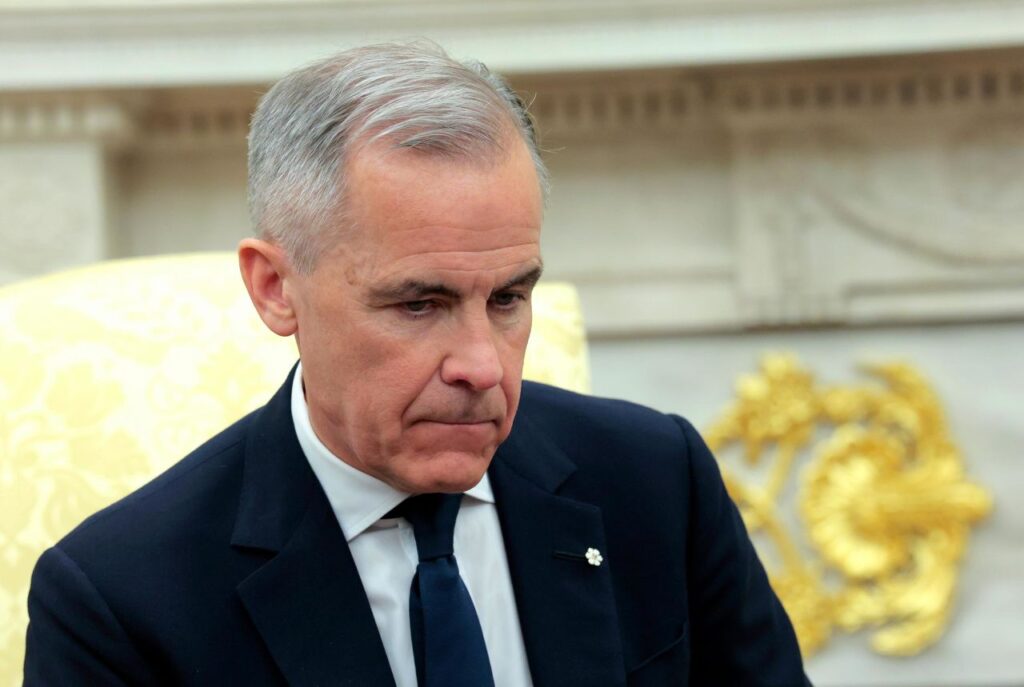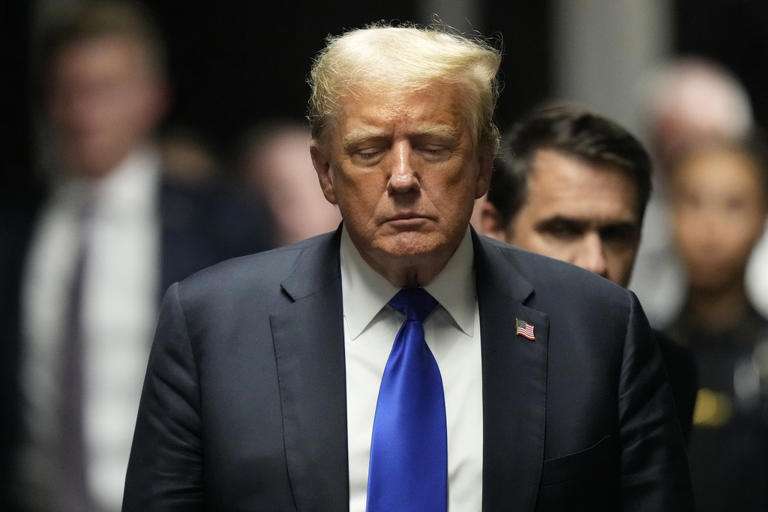In a dramatic escalation in a recurrent trade war with America’s northern neighbor and one of its most important trading partners, President Donald Trump has threatened a 35% tariff on goods imported from Canada.
In a letter released on his social media platform, Trump told Canadian Prime Minister, Mark Carney that the new rate would go into effect on August 1, 2025, and would go up if Canada retaliated.
Trump mentioned the fentanyl issue, one of his original reasons for tariffing America’s northern neighbor.
“If Canada works with me to stop the flow of Fentanyl, we will, perhaps, consider an adjustment to this letter. These Tariffs may be modified, upward or downward, depending on our relationship with your Country.”
Donald Trump
Trump’s announcement of higher tariffs on Canada comes amid a flurry of letters Trump has sent to world leaders since Monday, informing them what rates their goods will be tariffed at come August 1, absent any trade deals.
Trump has sent nearly two dozen such letters to a number of countries, including allies Japan and South Korea, along with a 50 percent tariff on copper, as he continues to pursue his trade war threats against dozens of economies.
Meanwhile, Trump is eyeing blanket tariffs of 15 or 20 percent on most other trading partners.
In an interview, Trump said that other trading partners that had not yet received such letters would likely face the blanket tariffs.
Canada is by far the largest trading partner with the United States to receive a letter from Trump this week.
Canada and the US have been in trade talks with the hopes of reaching a deal by July 21, 2025.

Canada has been the subject of Trump’s scorn since before he took office. In November 2024, just a few weeks after the election, Trump pledged 25% tariffs on all products from Canada and Mexico on his first day in office “until such time as Drugs, in particular Fentanyl, and all Illegal Aliens stop this Invasion of our Country!”
A day before those tariffs were set to go into effect in February, Trump paused them for 30 days. They went into effect March 6, but Trump exempted goods that were compliant with the US-Mexico-Canada agreement that he negotiated and signed during his first term in office. That significantly blunted the impact of the tariffs on Canada and Mexico.
On March 7, Trump threatened new tariffs on Canadian lumber and dairy products.“Canada has been ripping us off for years on lumber and on dairy products,” Trump said in an Oval Office address that day, citing Canada’s roughly 250% tariff on US dairy exports to the country. Trump said America would match those tariffs dollar-for-dollar. However, the tariffs were never implemented.
The sectoral tariffs Trump imposed include 50% taxes across all imported steel and aluminum and 25% tariffs on most cars and car parts – some of Canada’s main exports to the US.
The tariffs have been charged on Canadian shipments that do not comply with the USMCA, a previous trade agreement.
In response to those auto tariffs, Canada levied a 25% tariff on US-made vehicles that aren’t compliant with USMCA.
Canada also retaliated against Trump’s steel and aluminum tariffs by rolling out a tariffs on billions of dollars worth of US goods, including whiskey, sporting gear and household appliances.
Last month Trump – once again – threatened to hike taxes on Canadian goods over a retroactive digital services tax that was set to take effect, which would have fallen heavily on American tech companies that did business in Canada.
In the 11th hour, Canada indefinitely postponed the tax in an effort to continue trade talks and avoid higher tariffs.
Canada To Defend Workers And Businesses

Canada’s Prime Minister, Mark Carney said in a statement on X, that throughout the current trade negotiations with the United States, the Canadian government has “steadfastly” defended it’s workers and businesses. “We will continue to do so as we work towards the revised deadline of August 1,” he added.
Later, Carney responded to the fentanyl claim by saying that Canada had made “vital progress to stop the scourge of fentanyl in North America.”
“We are committed to continuing to work with the United States to save lives and protect communities in both our countries.”
Mark Carney
Pierre Poilievre, Canada’s Conservative opposition leader, called the tariffs “another unjustified attack on Canada’s economy.”
READ ALSO: Gov’t Pumps GH₵1.4bn into NIB to Avert Collapse Ahead of IMF Review























